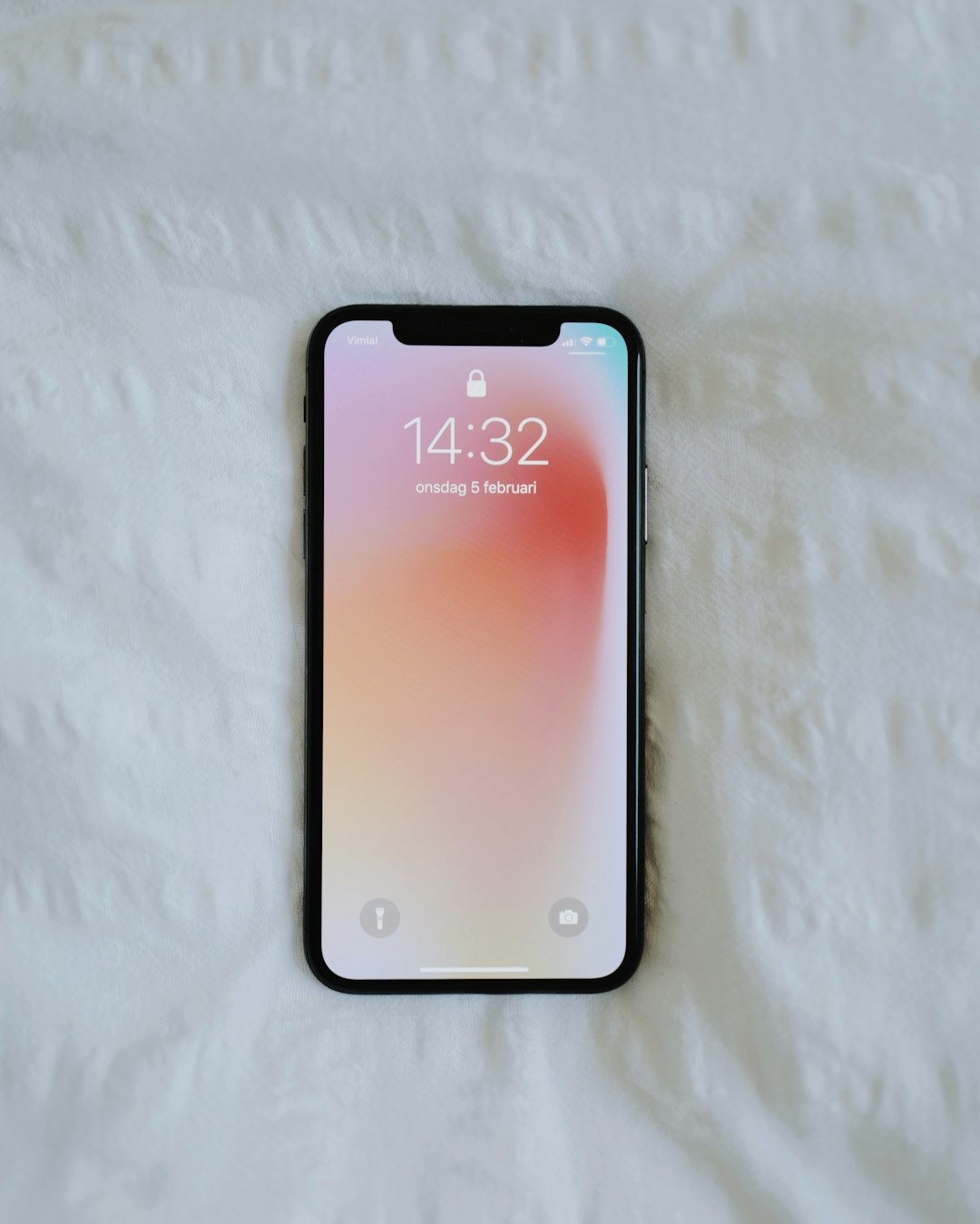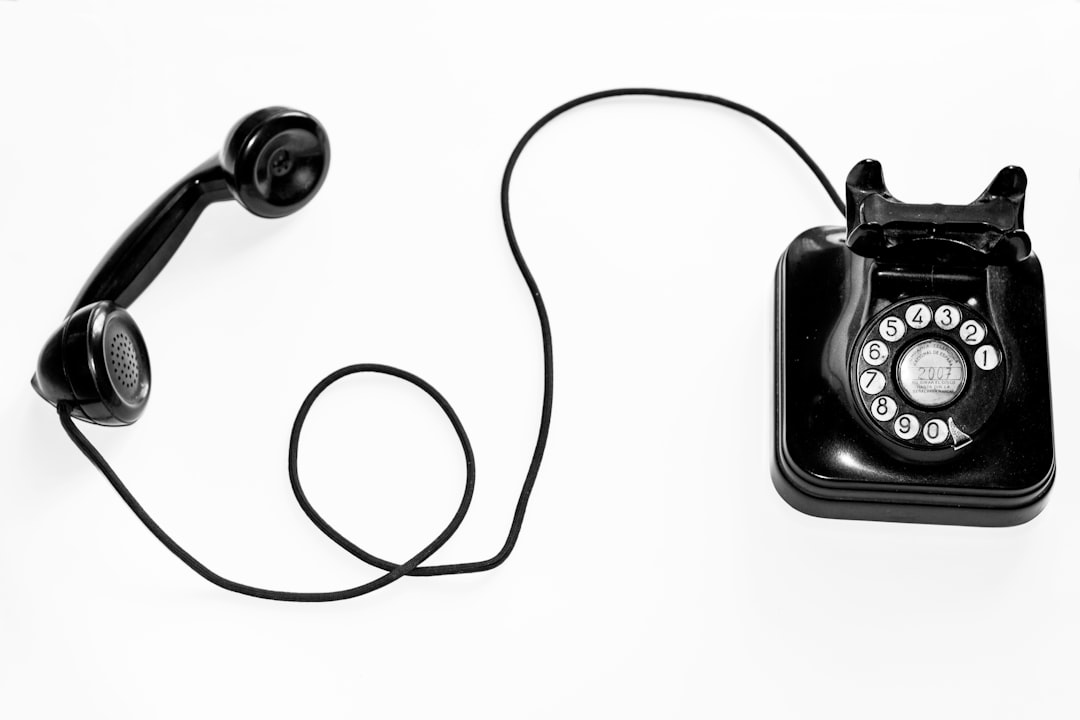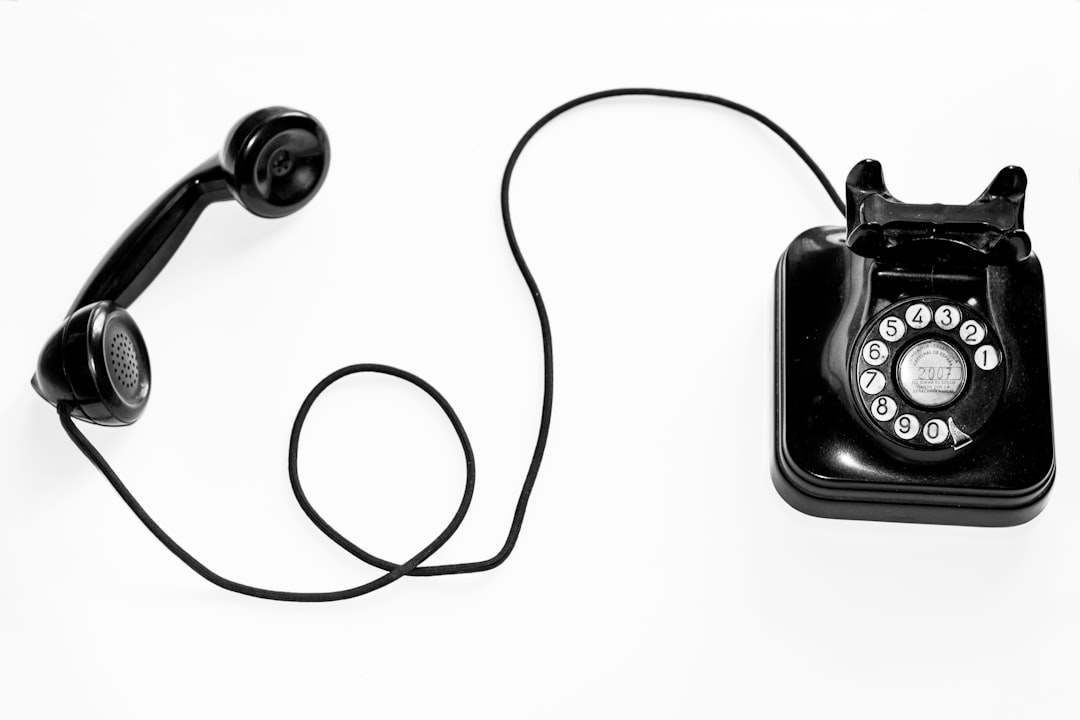Iowa's "No Call" laws protect residents from unsolicited phone marketing. A specialized lawyer assists businesses in compliance and helps residents block unwanted calls effectively. Call blocking technologies offer a solution for privacy and stress reduction, with solutions ranging from apps to dedicated hardware, ensuring legal protection.
In Iowa, understanding and adhering to No Call laws is crucial for independence residents looking to manage unwanted phone calls. This article explores how call blocking technologies can empower Iowans to take control of their communications, offering both legal insights from a lawyer specializing in No Call Laws Iowa and practical steps for effective call blocking implementation. Discover the benefits of this approach and learn a step-by-step guide to enhance your privacy and peace of mind.
Understanding No Call Laws in Iowa: A Legal Perspective

In Iowa, telephone solicitation laws are designed to protect residents from unwanted phone calls. These regulations, often referred to as “No Call” laws, restrict marketing and sales calls to consumers who have not given explicit consent. Understanding these laws is crucial for both businesses seeking to comply with regulations and individuals looking to control their privacy.
A lawyer specializing in No Call Laws Iowa can provide invaluable guidance on navigating this complex area. They can help businesses determine the best practices for obtaining consumer consent, ensuring compliance to avoid penalties and legal repercussions. For residents, such a lawyer can offer strategies to block unwanted calls effectively, safeguarding their personal time and peace of mind.
The Benefits of Call Blocking for Independence Residents

For independence residents, managing unwanted or harassing phone calls can be a constant challenge. Call blocking technologies offer a powerful solution, providing much-needed peace of mind and safety. These advanced systems allow individuals to filter out unwanted callers, ensuring they never miss genuine emergency calls while blocking spam, sales pitches, and other nuisance communications.
By employing call blocking tools, residents can enhance their privacy, reduce stress, and improve overall well-being. Moreover, it serves as a beneficial resource for the elderly or those with special needs who may be more vulnerable to telemarketing scams or unwanted interactions. For those concerned about compliance with No Call Laws in Iowa, consulting a lawyer specializing in these laws can provide guidance on effective call blocking strategies while ensuring legal protections are in place.
Implementing Call Blocking: Step-by-Step Guide and Best Practices

Implementing call blocking technologies can be a game-changer for Independence residents seeking peace and quiet, especially with persistent unwanted calls. Here’s a step-by-step guide to help you navigate this process:
1. Assess Your Needs: Start by understanding your specific requirements. Identify the types of calls you want to block, such as telemarketers or robocalls, and decide on the level of blocking desired—all incoming calls or just specified numbers. A lawyer specializing in No Call Laws in Iowa can offer valuable insights into your rights and available options.
2. Choose a Call Blocking Solution: Several methods are available, from simple apps to advanced hardware devices. Smartphones often have built-in call blocking features or support third-party apps that filter out unwanted calls. For home phones, consider dedicated call blocking services or hardware setups that can be integrated with your existing phone line. Ensure the solution you choose aligns with Iowa’s No Call Laws for effective protection.






